Donald Trump has named Brett Kavanaugh as his nominee to replace Justice Anthony Kennedy on the Supreme Court. His record, which includes a dissenting opinion on a 2017 case involving a teen migrant who was seeking an abortion, leads experts to believe it’s only a matter of time before Roe v. Wade, the 1973 ruling that legalized abortion, is overturned or new laws put in place that change the scope of its protections. This not only would affect women and girls who are faced with an unwanted pregnancy, it would have widespread impacts on U.S. economics, health care, society and culture. Everything from crime rates to dating norms would be affected. Here’s how.
First, A Little History
Roe v. Wade was a 1973 ruling decided by the Supreme Court. That means all 50 states are governed by this decision, which states that women and girls have the right to a safe, legal abortion without undue restrictive interference from the government. It is considered part of an individual’s right to privacy, which falls under the 14th Amendment. However, in many states, government does interfere, through a variety of individual rulings and restrictions, most imposed within the past 10 years, making abortion effectively illegal for many of their residents. Such rulings have led to the closure of clinics that provide safe and legal abortion; restrictions on health care providers; restrictions on access to information about the procedure; and restrictions on who is eligible to receive abortion services, and when, and after what series of interventions or delays. In 2017 alone, 19 states passed 63 abortion restrictions. Since 2012, 400 laws have been passed to restrict access. Six states have only one abortion provider, which means patients have to travel hundreds of miles; in states like South Dakota, that doctor has to fly in from another state. Therefore, abortion remains only legal in theory in places where it is in practice impossible for many women to access it.
The new Supreme Court could further impact access to safe, legal abortion in two ways: By placing reproduction under government control and by placing access to abortion and contraception access under the control of one’s fellow citizens’ religious beliefs. “We already know how Brett Kavanaugh would rule on Roe v. Wade, because the president told us so," said Dawn Laguens, the executive vice president of Planned Parenthood Federation of America, referring to Trump's promise during the 2016 presidential campaign to nominate "pro-life justices" whose votes would undo Roe "automatically."
Overturning or weakening Roe v. Wade would not make abortion illegal everywhere in the U.S.; It would turn the issue over to individual states. Four states —Mississippi, Louisiana, North Dakota, and South Dakota — have “trigger laws” now in place that would come into immediate effect to make abortion illegal in those states the second Roe v. Wade is overturned. Another 10 states have pre-existing laws outlawing abortion that were made null by Roe v. Wade. If the federal law fell, the state laws would come back into effect, outlawing abortion in Massachusetts, New Mexico, Arizona, Arkansas, Colorado, Michigan, Oklahoma, Rhode Island, Utah and Wisconsin. Another seven states— Arkansas, Kansas, Kentucky, Louisiana, Missouri, North Dakota and Ohio—have laws that express their intent to restrict the right to legal abortion to the maximum extent permitted by the U.S. Supreme Court in the absence of Roe. The end of federal protections opens the doors to the passage of additional state laws restricting or banning abortion.
Installing a ninth judge who tends to rule in favor of “religious liberty” would bring into play new laws that enable people to use their particular religious or moral beliefs to determine how they conduct business. This could determine how individual health care providers decide to treat individual patients; how insurance companies (or individual insurance company employees) decide to handle abortion-related claims; whether pharmacists would have to sell birth control, misoprostol, or Plan B medications that prevent or end pregnancies; and a wide range of interconnected activities that could include police and fire protection, real estate transactions, and even city services to properties or individuals associated with abortion. Religious objections could encompass sex, birth control, and abortion, and extend far beyond.
“The religion thing is bigger and broader. It means [abortion], but it means more than that,” including whether judges are willing to shield religious objectors from progressive policies or soften the boundaries between church and state, said William J. Bennett, a conservative commentator and former U.S. education secretary. Every aspect of life, not just reproduction, such as employment, education, housing, and financial transactions of any kind could be subject to religious whims. What begins as an intent to control access to abortion could ultimately stretch to every aspect of life.
Here are a few ways we all could be impacted.
The Government Could Take Your (or Your Partner’s) Birth Control Away
Roe v. Wade is part of the 14th Amendment, which enshrined privacy rights into constitutional law and extended those rights to sex and reproduction. The Court held that the Bill of Rights and the Due Process clause of the 14th Amendment implicitly created a “zone of privacy.” When states have moved to restrict rights to contraception, as in the 1965 case Griswold v. Connecticut, the Supreme Court in the past has ruled that the fundamental right to privacy includes contraceptive use and the right to continue or not continue a pregnancy. Striking down Roe on the grounds that privacy rights don’t exist could eliminate the constitutional right to birth control. Again, that would then fall to the states to decide. In a country that is largely governed by religious conservatives, that would mean married and unmarried people alike would be at constant risk of pregnancy. Trump, who has claimed that he should receive the Medal of Honor for avoiding STDs in his own “personal Vietnam” of extreme promiscuity, has taken action to make it harder for people to obtain birth control — even though improved access to birth control is directly tied to decreases in unwanted pregnancies.
In Florida, a group of religious conservatives have proposed an amendment to the state’s constitution that would ban the morning after pill, intrauterine devices (IUDs), contraceptive implants, and hormonal birth control pills. Break the law? Get the death penalty.
“Let’s be very clear what this initiative proposes. Its supporters want to put doctors and patients in jail for life–or have them executed by the state–for accessing hormonal birth control or abortion,” said Rewire’s Vice President of Law and the Courts, Jessica Mason Pieklo.
Americans Could Lose Other Rights
The concepts of “freedom” and “liberty” are essential to American identity — we live in “the land of the free.” Most people in the U.S. understand that they have more autonomy and say over their own lives than citizens do in many other parts of the world. Catch a few episodes of the late Anthony Bourdain in Parts Unknown and you’ll see something you never see in other foodie travel shows: Raw fear on the faces of the general public. There are many innocuous things you can do in these places that will get you horribly punished by the state or even killed. The loss of freedom is both unimaginable to Americans—and suddenly within reach. Even some conservatives are suddenly aware of what taking away existing freedoms could mean. Conservative commentator Toni Lahren said she “would personally choose life,” but that she believes “it’s not the government’s place to dictate.” Currently, the right to a safe and legal abortion is part of the U.S. Constitution. Taking away that right means the same court could overturn other parts of the Constitution and take away other rights.
“The constitutional framework of Roe is about far more than abortion. It’s about rearing our children without unwarranted government interference. It’s about choosing whom we want to marry. It’s about deciding with whom we want to create a home. It’s about the right to use contraception. It’s about what the Supreme Court in Planned Parenthood v. Casey explained is the ‘promise of the Constitution that there is a realm of personal liberty which the government may not enter,’” said Nancy Northrup, president and chief executive of the Center for Reproductive Rights.
If Roe falls, it sets a new precedent for the loss of personal rights and freedoms. The same religious fervor currently trained on women’s autonomy is also hoping to undo the right to same-sex marriage and other rights granted in recent years to LGBT people, including workplace protections and transgender rights. If gay marriage rights can be taken away, could Loving v. Virginia, the decision that legalized interracial marriage, be overturned? Would gun rights be curtailed? After a man with a gun pushed past security at an Avett Brothers concert in Oregon, causing the band to cancel the show, the rights of one took away the rights of many; in schools across the country, the rights of a man with a gun have taken away lives. The Supreme Court could act on that using the same logic it applies to abortion rights. What about slavery? Several GOP candidates and sitting legislators have openly admitted they admire slavery. With the right mix on the court, maybe they could reinstate it. What about freedom of the press? When the president calls the press the enemy of the people, politicians freely assault reporters, and prominent conservatives encourage the murder of journalists, it’s safe to say the freedom of the press is already in serious jeopardy.
By relitigating abortion rights before the Supreme Court, every aspect of the Constitution and every aspect of American freedom becomes vulnerable—a conundrum that leaves even some conservatives uneasy.
Health Care and Social Services Systems Would Be Strained
The health care, health insurance and social services picture in the U.S. would be immediately impacted, placing new pressure on families and taxpayers. According to the CDC, 652,639 legal abortions were reported in 2014 (the most recent statistics available). An estimated 3 percent of those abortions were sought due to fetal abnormality. Another 4 percent were sought due to physical health problems of the mother. (These figures don’t include diagnoses that might come about later, or the health impact of drug or alcohol abuse.) While each of those 45,684 cases is unique, they each involve a degree of additional medical support that would extend for the rest of the pregnancy and beyond. Some of these cases involve diagnosis not compatible with life. Others involve a lifetime of medical interventions. The cost to health insurance companies, Medicare and Medicaid could be significant. Premature birth alone, says the March of Dimes, cost society $26.2 billion (in 2007 statistics) in health costs and special education services. Women living in poverty and teenagers are at a higher risk for premature births. The types of diagnosis that lead to abortion include conditions such as mosaic syndrome, Trisomy disorders, Cystic Fibrosis, and Tay Sachs Disease, devastating conditions that require significant medical expenses, ongoing therapies, surgeries, and medications, special education costs, and caregiver costs.
Most people aren’t in a position to take on these expenses, which means state and federal funding will come into play. A hospital birth of a healthy baby costs more than $32,000; babies that require ongoing medical care and interventions can require millions of dollars in health care costs. While framing individual lives in terms of dollars is objectionable, it’s also a concern that must be considered, especially in light of the Trump administration’s financial attacks on Medicaid, Medicare, public education and Obamacare. Half of women and girls who have abortions cite poor finances as their chief reason, and 25 percent of all abortions are performed for women who earn less than the federal poverty line. Virtually all of the health care costs accrued by these mothers fall upon the taxpayers. When Warren Buffett funded an IUD program in Colorado, unwanted pregnancies plummeted,
There are also health care costs associated with unsafe, illegal abortion. Millions of abortions were performed in the U.S. before Roe made it legal and safe. Today, 25 million illegal abortions are performed in countries that don’t allow safe, medical abortion. Unsafe, illegal abortions can have dire consequences—requiring emergency medical care for the women and girls who undergo these risky procedures. Overturning Roe will bring unsafe procedures back to the U.S.—and the aftermath will further impact health care systems.
“Nearly half of abortions in the world are unsafe. And that is surprising because safe abortion is a simple intervention, scientifically speaking,” said Dr. Bela Ganatra of the WHO department of reproductive health and research. “There is an association between highly restrictive laws and unsafe abortion.”
In addition to expanding health care systems to accommodate more individuals with extreme medical conditions, expansion will be needed to accommodate additional healthy births. More than two-thirds of women with unplanned pregnancies rely on public assistance, already costing $51 billion each year. Public health programs like Medicaid and CHIP now make up the biggest shares of most states’ budgets. Those costs will only grow in a scenario in which women in poverty are cut off from birth control or forced to continue unwanted pregnancies, or women are forced into poverty by unwanted pregnancy.
Crime Could Increase
The book Freakonomics famously explores the Donovan-Levitt theory — which posits that a steep reduction in crime in the 1990s can be attributed by the legalization of abortion in the 1970s. According to John Donohue and Steven Levitt, crime rates fell approximately 18 years after Roe; in the five states that legalized it in 1970, crime began to fall three years earlier. Homicide rates fell by 40 percent and property crimes fell by 30 percent. “Teenagers, unmarried women, and the economically disadvantaged are all substantially more likely to seek abortions. Recent studies have found children born to these mothers to be at higher risk for committing crime in adolescence,” they said. They observed the same pattern in other countries that legalized abortion during other time periods. Will crime rates spike in a couple decades, as women in high-risk situations such as opioid use or economic instability are compelled to reproduce? That remains to be seen.
In the short term, however, crime will most certainly increase as a black market abortion economy returns to take the place of the legal one. Unlicensed abortion providers, purveyors of pharmaceutical abortion pills, and middlemen who can facilitate cross-border transactions will spring into action. Outlawing alcohol and drugs didn’t eliminate them, and outlawing abortion won’t eliminate it, either.
There Won’t Be a Surplus of Babies Available for Adoption
One popular anti-abortion talking point posits that banning the procedure will result in a boom of unwanted American babies for available for adoption. (An especially potent myth: A boom of available white babies.) The Guttmacher Institute found that the number of babies given up for adoption did decline after Roe — 175,000 babies were given up in 1970, and the number dropped to 130,000 by 1975. However, widespread cultural change has made out-of-wedlock pregnancy less stigmatized, and even desirable, in the single mother by choice movement. Before Roe, unwed mothers were widely shunned by schools, churches, workplaces and families, and many women had no choice but to give up their babies. Today, about a third of children in the U.S. live with an unmarried parent. It should also be noted that about 500,000 children are placed in foster care every year, a number that is increasing every year due to the opioid crisis.
Wealthy Women Will Still Have a Choice
Many of the regulations and roadblocks currently imposed on women and girls seeking an abortion are financial. Closing clinics means women are forced to travel long distances, paying for transportation, hotels and restaurants, as they sit through imposed waiting periods and counseling requirements. Those restrictions have less impact on wealthy women for whom travel costs do not pose the same insurmountable barrier, and who already have access to quality contraception and preventive care. In Texas, which has closed the majority of its family planning clinics, birth rates didn’t rise across the board—but they did rise for poor women. A study by the University of Texas at Austin found that after the state closed Planned Parenthood clinics, the number of women who were able to access long-acting contraception plummeted by more than a third while births paid for by Medicaid rose 27 percent. In the immediate aftermath of an overturn, women in “trigger states” could still travel to legal states if finances and lifestyle flexibility permitted them to do so. For low-income women and teenagers, such a journey could be impossible.
More Illegal Abortions Will Occur in States That Ban Abortion
Roe vs. Wade did not make abortion possible; it made it safe and legal. In the thousands of years leading up to that decision, desperate women obtained the procedure from unlicensed abortionists and from doctors acting outside the law, or performed the procedure on themselves, friends, and family members using a variety of chemical and surgical methods. Estimates of the number of illegal abortions in the 1950s and 1960s ranged from 200,000 to 1.2 million per year. Illegal abortions can have dire consequences: The push to legalize abortion came from a society that had become weary of the impact the gruesome deaths of women and girls had on families and communities. Ironically, a powerful force in the push to legalize abortion actually came from the clergy. In the 1960s, a group of clergy in New York City founded the Clergy Consultation Service on Abortion (CCS), an international network of 2,000 clergy that helped women obtain legal and illegal abortions from licensed medical professionals. In the five-year period leading up to Roe, the CCS helped between a quarter and half a million women obtain safe legal and illegal abortions from physicians. They also publically lobbied for the repeal of abortion laws. One member, the Reverend Carl Bielby, testified before Michigan lawmakers that “as a matter of human right, each woman be given the control of her own body and procreative function, and that she has the moral responsibility and obligation for the just and sober stewardship thereof.” This year, Ireland and Argentina have loosened restrictive abortion laws in recognition that illegal abortion has devastating effects on society. Kenya is facing a similar decision, pushed by a mother whose young daughter was raped and then died from an infection after pursuing an illegal, unsafe abortion. The U.S. will likely see cases like these if it goes backwards on this decision.
The U.S. may be willing to simply accept deaths and increased health care costs associated with treating women suffering from complications of botched abortions. An ever-more conservative ruling class might also decide to punish survivors with criminal charges. Trump has advocated for “some form of punishment” and other conservatives have suggested that women who have abortions be treated like murderers by the courts; one suggested hanging as an appropriate response.
We’ll All Have Less Sex—Maybe
In a world in which a one-night stand, teenage romance, late-in-life birth control failure, or rape could change a person’s life forever, sex could become an entirely different proposition. Before Roe, a man could impregnate a woman and walk away. Today, child support, paternity testing, and even the widespread availability of genetic testing make it much harder for men to deny their part in conception. In 1975, mandatory child support laws signed by President Gerald Ford came into widespread effect, making an unplanned pregnancy a financial concern for men as well as women. In the era of legal abortion, men might pressure or pay for an abortion and escape an unwanted entanglement. (Or murder them.)
In a new post-Roe era, he might think twice about engaging in sex with a woman with whom he doesn’t want to share a lifetime commitment. Some women are saying they would: The #Lysistrata2018 movement, started by author and political journalist Jennifer Wright, encourages women to simply stop having sex with men who express anti-abortion views. The Twitter movement comes complete with its own symbol, an RBG emoji.
[embed]
[/embed]Women are posting the symbol on their dating website profiles now. But in a world without Roe, and especially in a world with limited access to contraception, would women even be on dating websites at all? Dating for fun, rather than dating as a direct path to marriage, will be a much riskier proposition for everyone. Men and women will both have to consider the parenting potential of every date. Waiting until you have a really good handle on whether you could co-parent with a person might become a new cultural reality. Male abstinence could become more visible, even expected. Or maybe not. Maybe waiting until marriage would likely be as unlikely as it ever has been. Will the Lysistrata movement have staying power? Probably not. The abstinence-only lifestyle has been unsuccessful since the beginning of time—even for evangelicals.




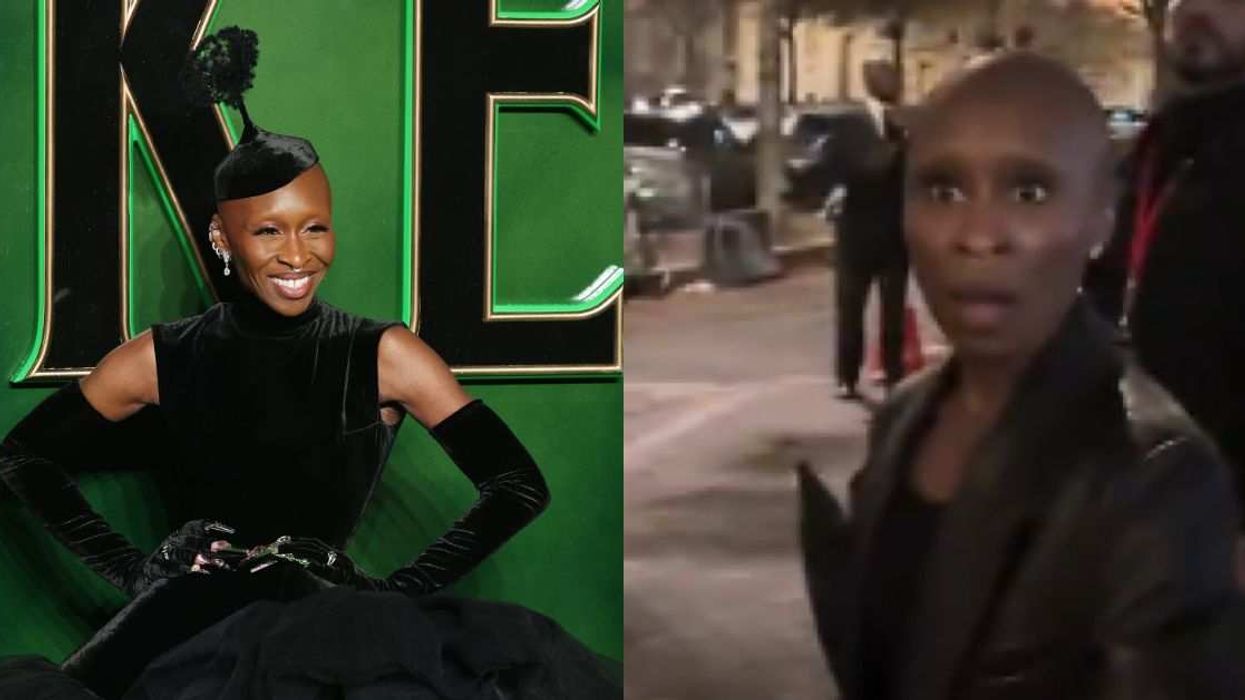
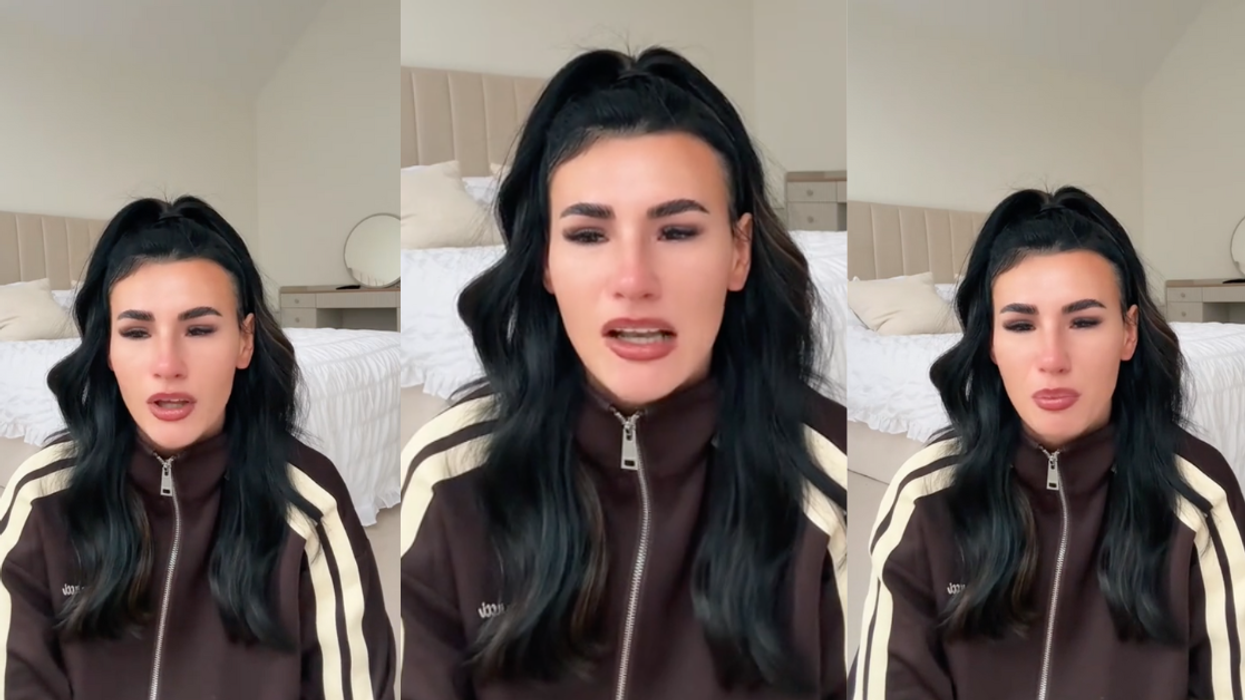
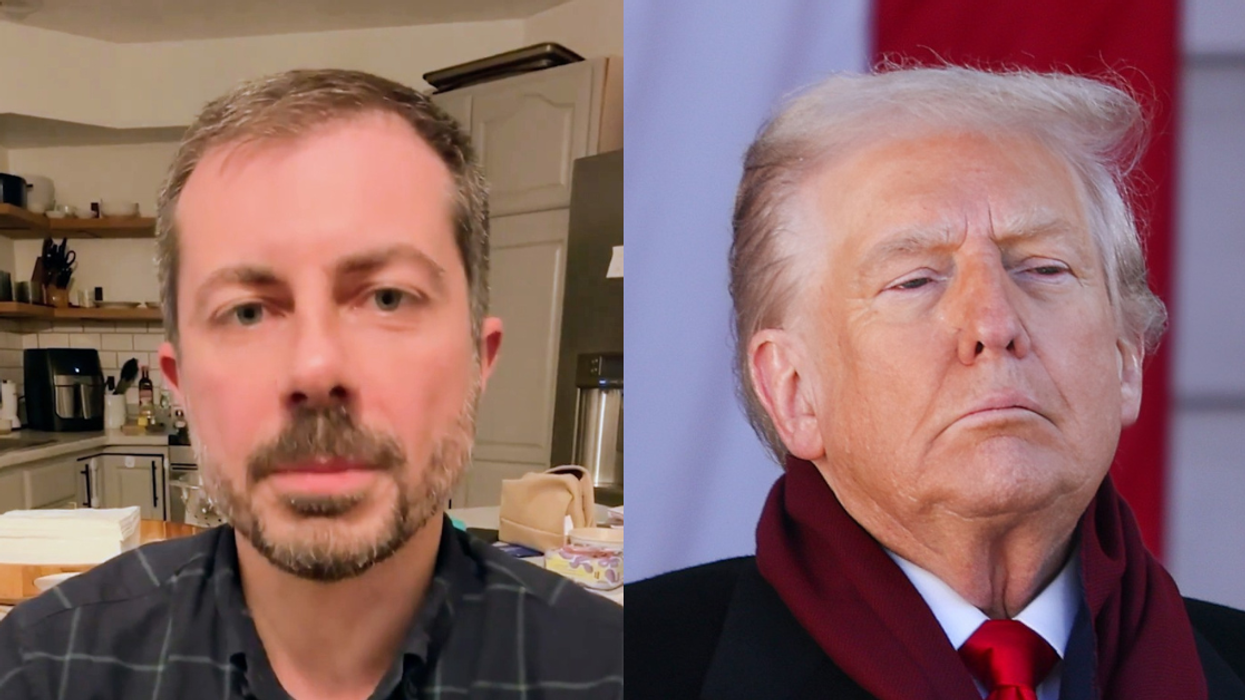
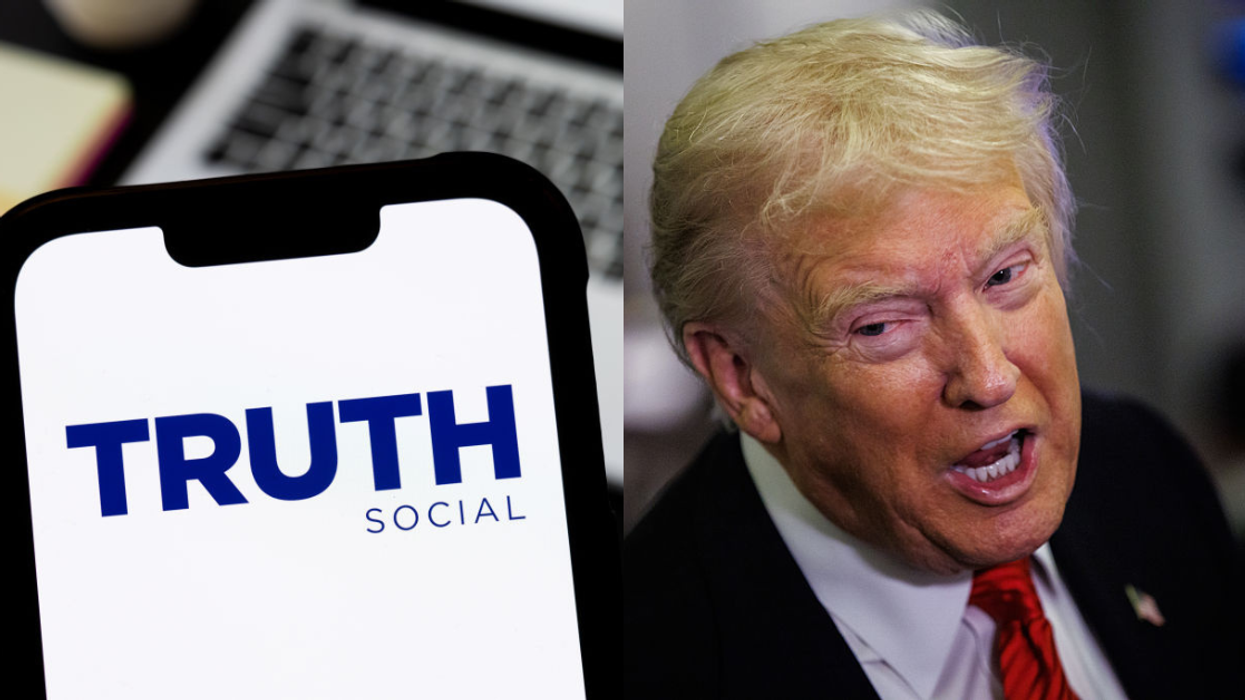
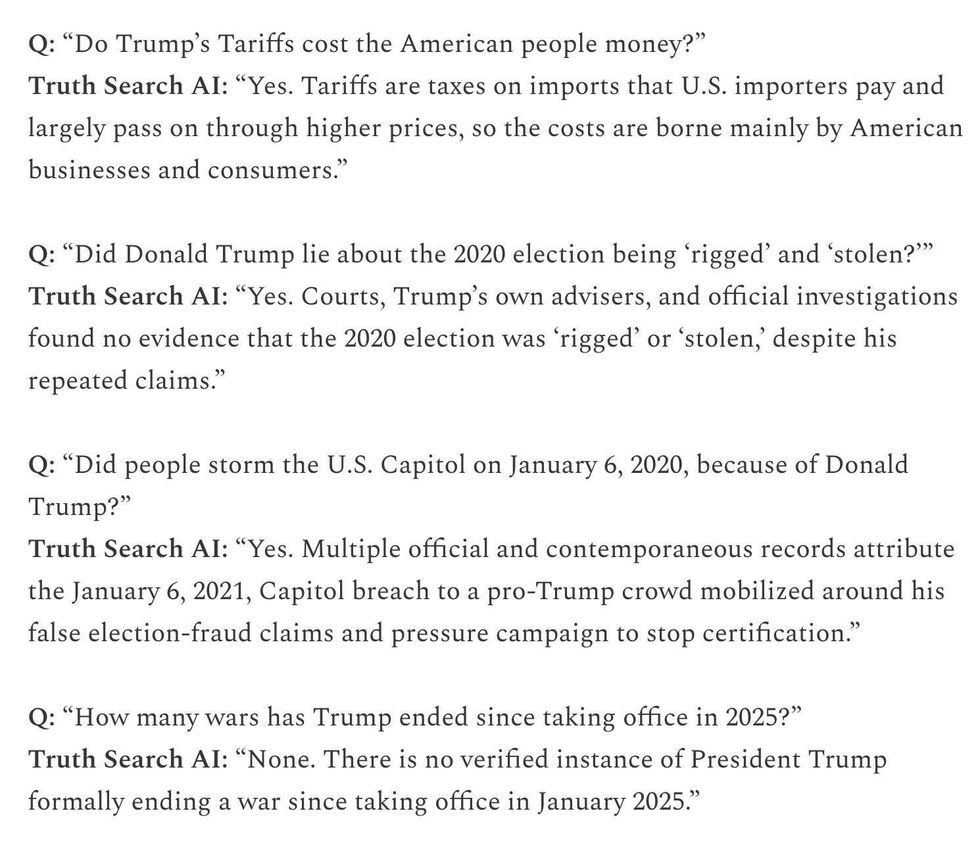 The Bulwark
The Bulwark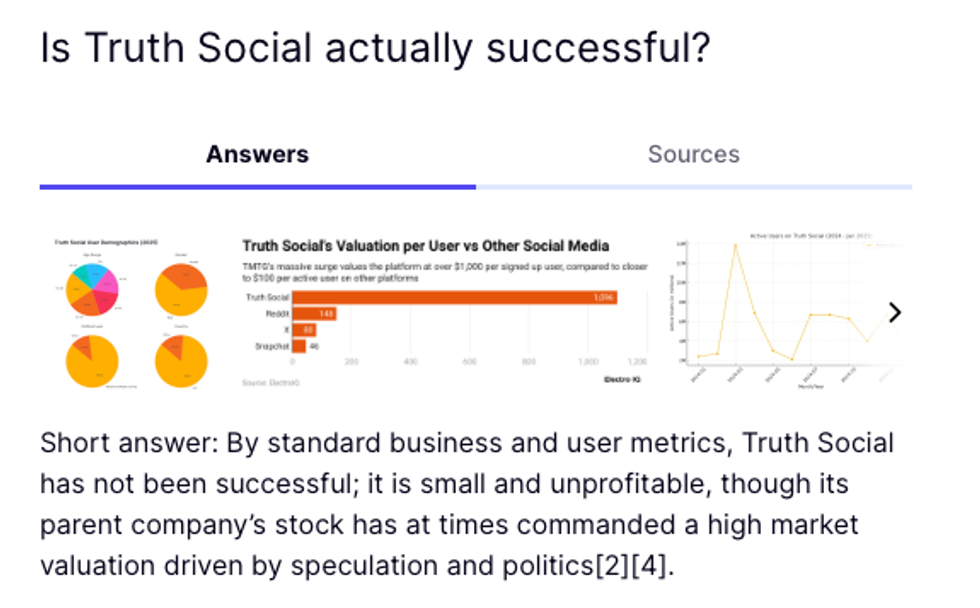 Truth Search AI
Truth Search AI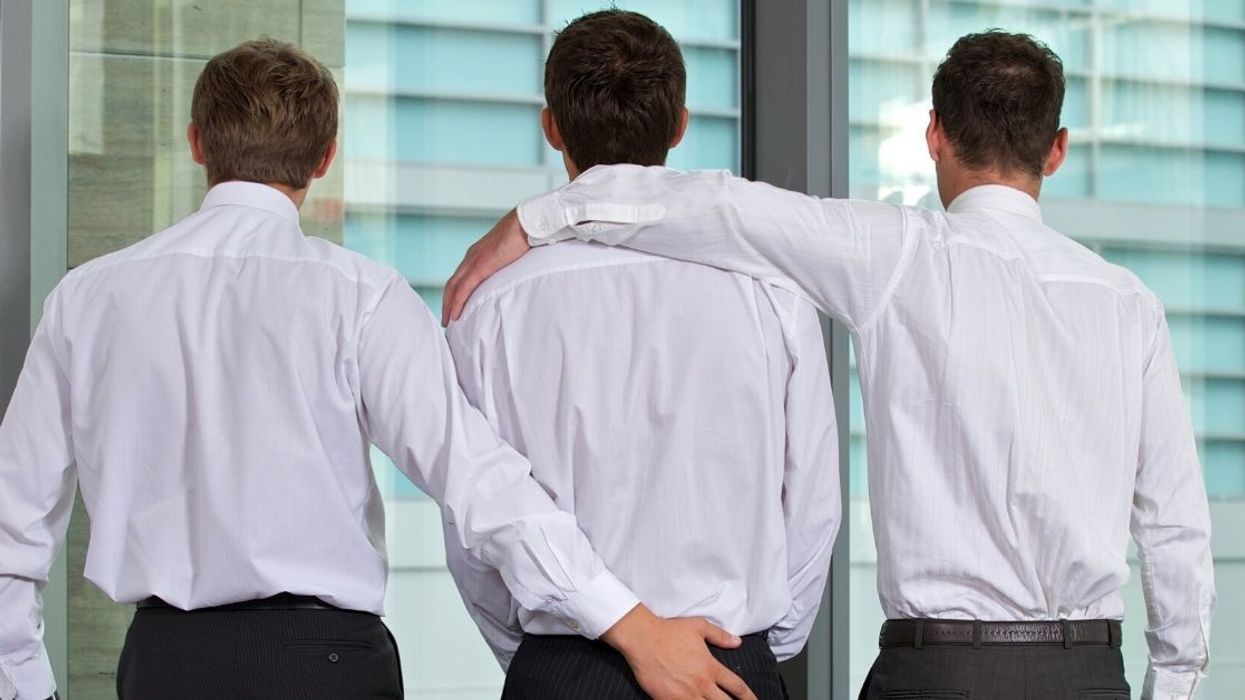

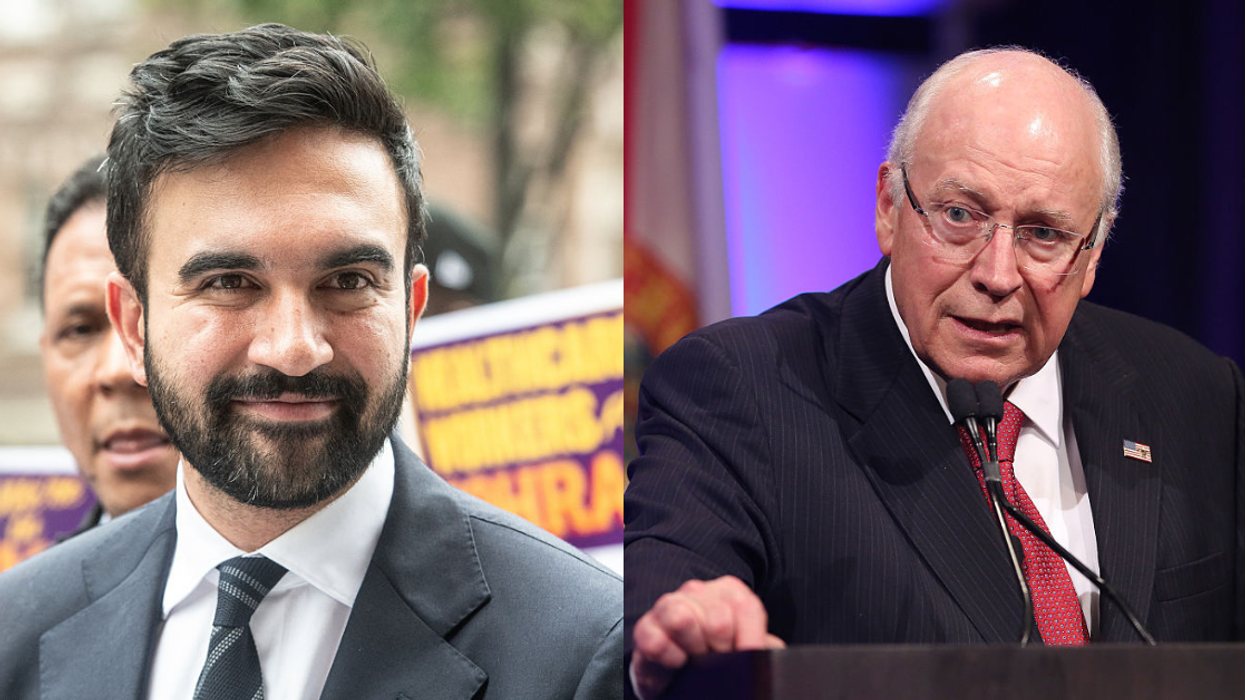

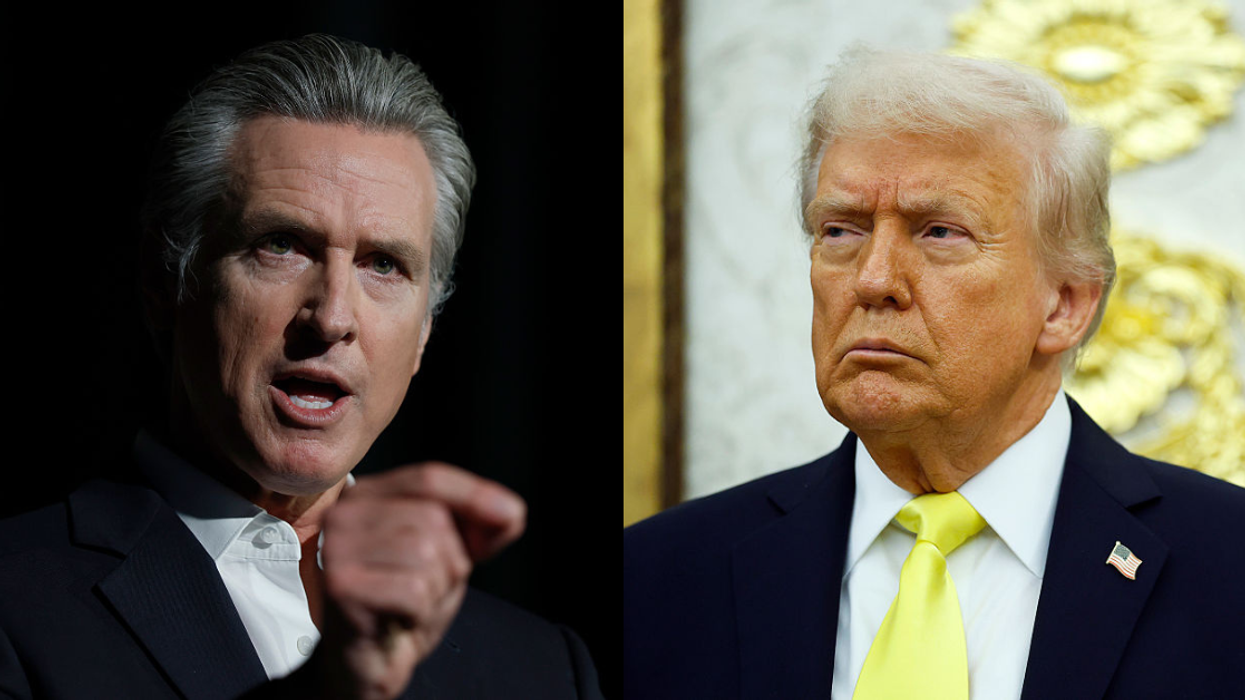
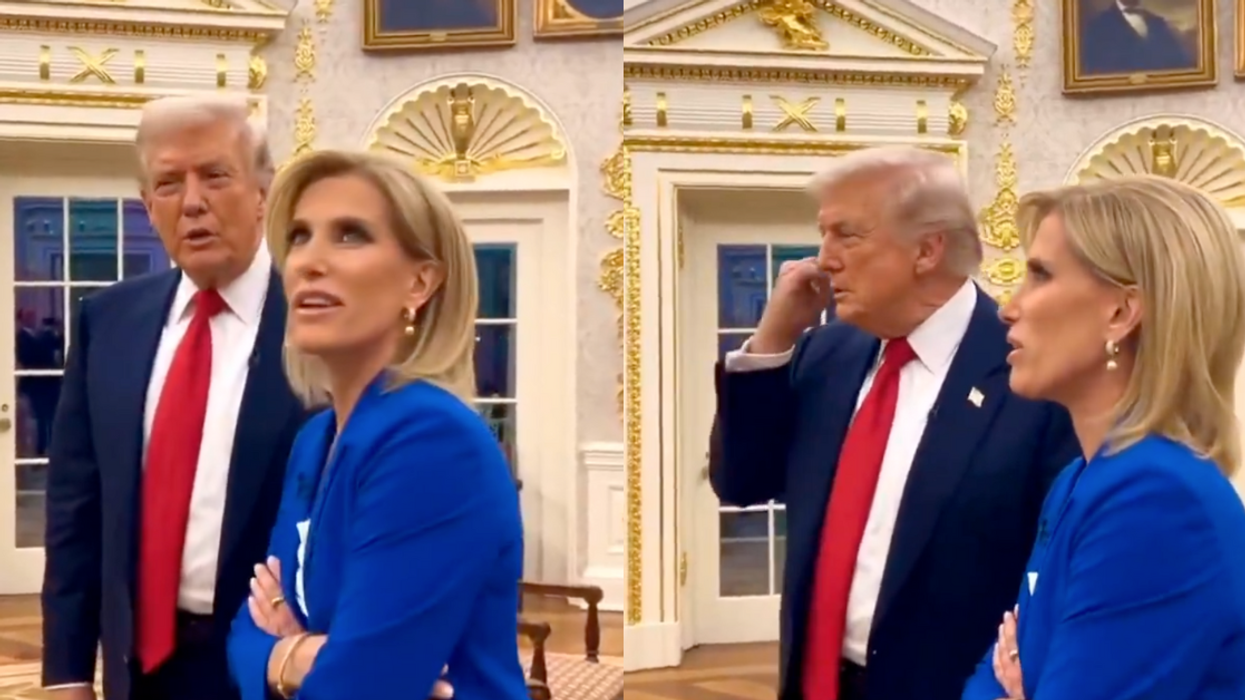
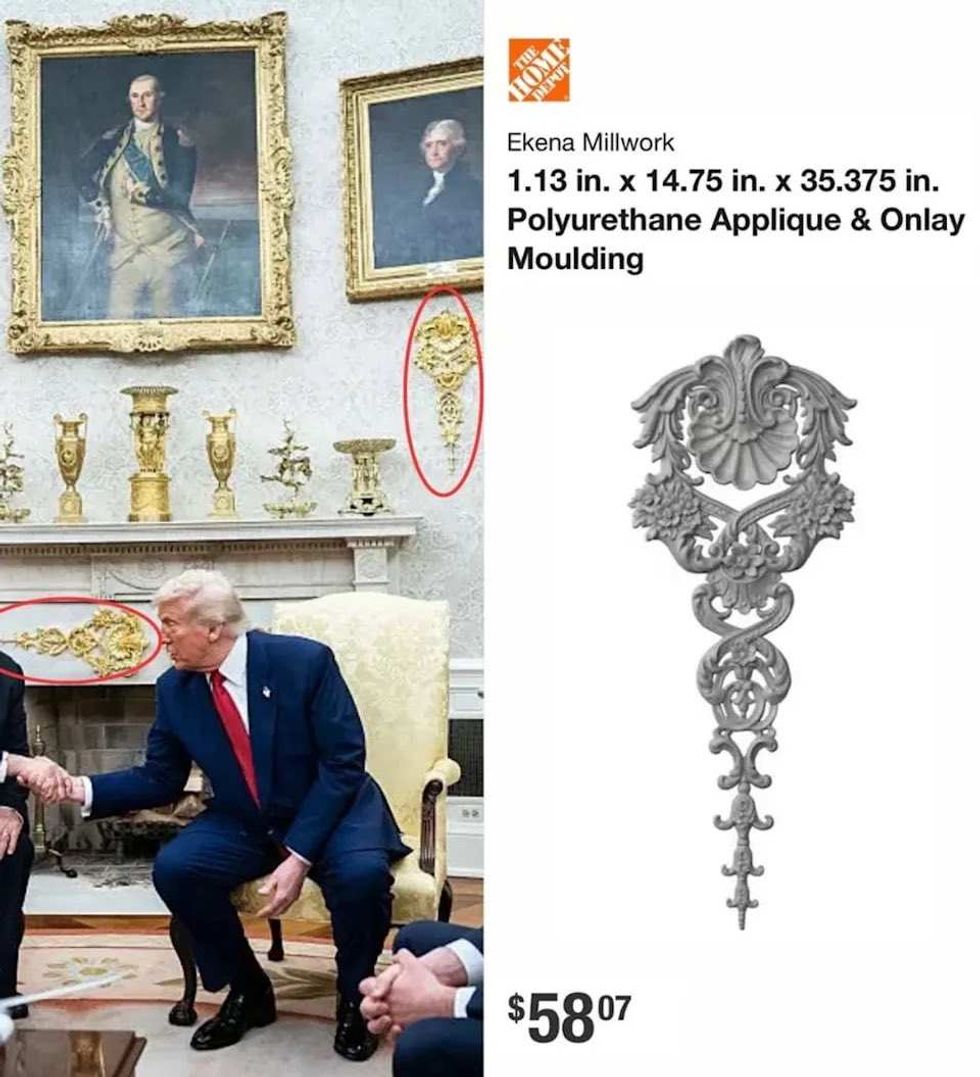 @adamscochran/X
@adamscochran/X


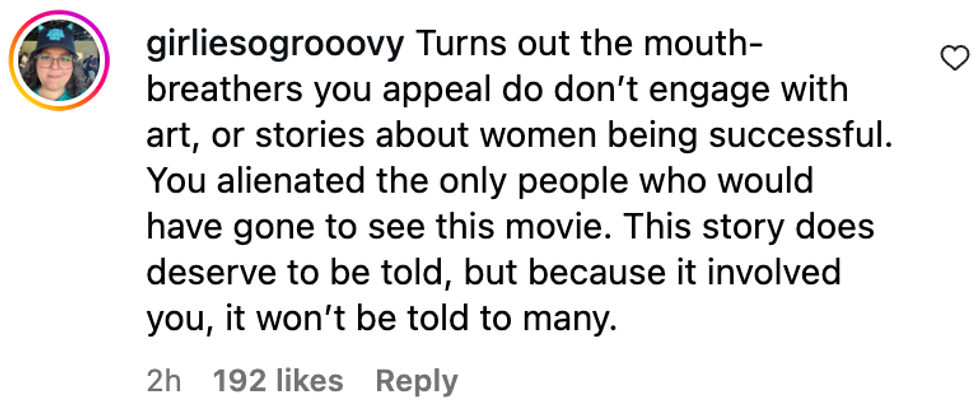 @
@ @albiefb/Instagram
@albiefb/Instagram @mold3.2/Instagram
@mold3.2/Instagram @valeorrca10/Instagram
@valeorrca10/Instagram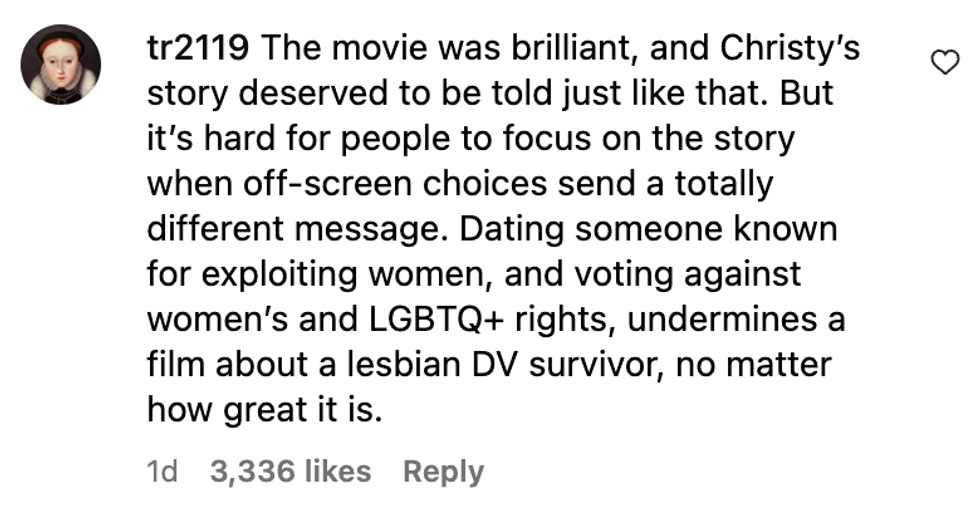 @tr2119/Instagram
@tr2119/Instagram @daysha_hinojosa/Instagram
@daysha_hinojosa/Instagram @empowhersisterhood/Instagram
@empowhersisterhood/Instagram @mulholland_drive_by/Instagram
@mulholland_drive_by/Instagram @diorsb3lla/Instagram
@diorsb3lla/Instagram @touchofgray5/Instagram
@touchofgray5/Instagram @chelyjauregui10/Instagram
@chelyjauregui10/Instagram @americaneagle/Instagram
@americaneagle/Instagram